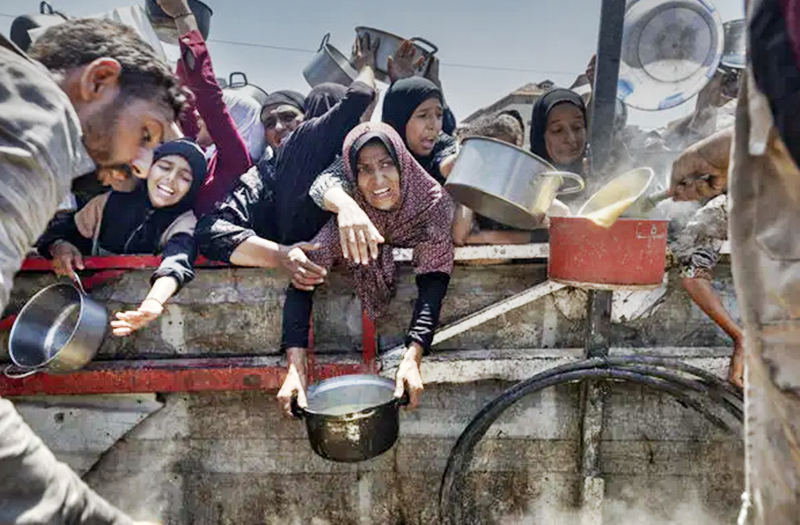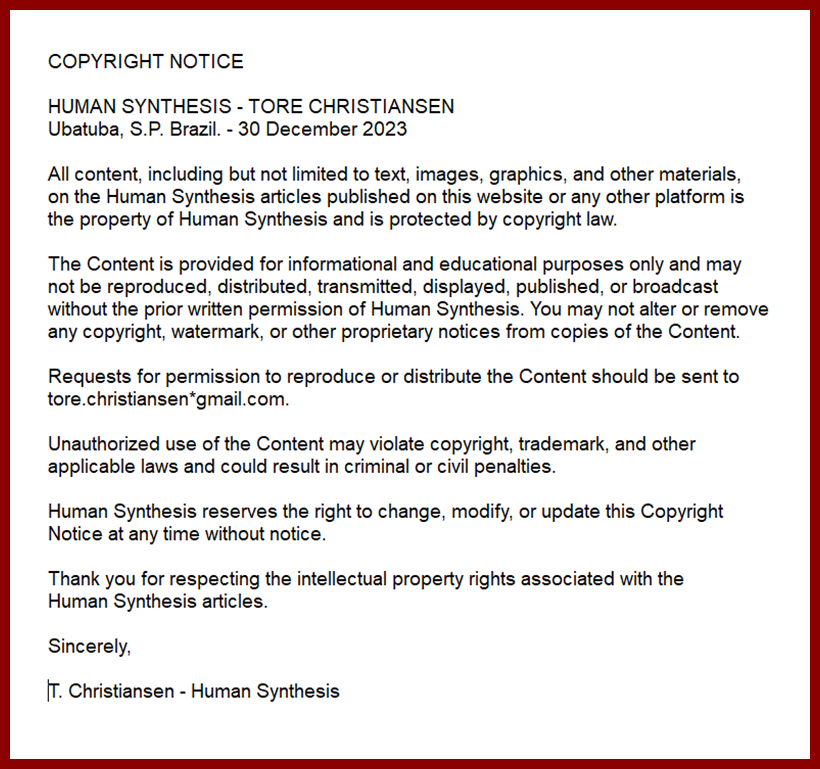Gaza City and Surrounding Areas Are Officially Under Famine, Monitors Say

By Times editor - 22 August 2025
At least half a million people in the enclave were facing the most severe conditions measured by U.N.-backed international experts: starvation, acute malnutrition and death.
Gaza City and the surrounding territory are officially suffering from famine, a global group of experts announced on Friday, nearly two years into an unrelenting war in which Israel has blocked most food and other aid from entering the Gaza Strip.
The group, which the United Nations and aid agencies rely on to monitor and classify global hunger crises, said that at least half a million people in Gaza Governorate were facing the most severe conditions it measures: starvation, acute malnutrition and death.
With rare exceptions, the rest of Gaza’s total population of two million people was also struggling with severe hunger, according to the group, the Integrated Food Security Phase Classification, which is made up of food insecurity experts who monitor world hunger.
The group said in a report published on Friday that a combination of several factors had tipped Gaza from a hunger crisis into famine: the intensifying conflict, stringent Israeli restrictions on aid, the collapse of health care, water and sanitation systems, the destruction of local agriculture and the growing number of times people had been forced to flee for new shelters.
It said that conditions in the northernmost part of Gaza were likely to be as severe, or worse, than in Gaza City, but that it had not had enough data to judge whether famine was occurring there. And it said it did not analyze Rafah, the southernmost part of Gaza, because most people there had been forced to leave.
The report said that famine in Gaza could be “halted and reversed” because it was “entirely man-made.”
“The time for debate and hesitation has passed,” it added. “Starvation is present and is rapidly spreading.”
Even a short delay in flooding Gaza with aid would “exponentially” increase preventable deaths, it said.
Throughout the war, Israeli officials have consistently downplayed or denied the severity of hunger in Gaza. On Friday, the Israeli security agency that oversees aid deliveries to the enclave rejected the group’s findings, saying that the experts had disregarded Israeli data on aid deliveries and overlooked Israel’s efforts over the last few weeks to bring more food into the territory, which it said had improved the situation.
- (Missing part, sorry)
The top U.N. humanitarian official, Tom Fletcher, told journalists in Geneva that the famine was one “we could have prevented if we had been allowed. Yet food stacks up at borders because of systematic obstruction by Israel.”
Calling for a cease-fire to allow for a flood of aid into Gaza, he added: “It is a famine openly promoted by some Israeli leaders as a weapon of war.”
The Israeli agency, known as COGAT, criticized the expert group, which is known as the I.P.C., for relying on what it called speculation and methodology it called questionable.
“The I.P.C. report is based on partial and unreliable sources,” Maj. Gen. Ghassan Alian, the agency’s head, said in a statement, adding that it “blatantly ignores the facts and the extensive humanitarian efforts” led by Israel.
Deaths from hunger-related causes had already accelerated rapidly in Gaza this summer, the report said, well before the announcement on Friday.
But for the monitoring group to reach the conclusion that a famine is happening, it had to determine that Gaza meets three conditions: at least one in five households facing an extreme food shortage; a certain proportion of children acutely malnourished; and at least two adults or four children out of every 10,000 people dying each day, either from outright starvation or a combination of disease and malnutrition.
(Rest missing, sorry)
- The Latest
- Israel’s Widening Offensive
- Fear in Gaza City
- Mediation Efforts
- Childhood in Gaza
- West Bank Settlements
- Protests in Israe

Article editor
